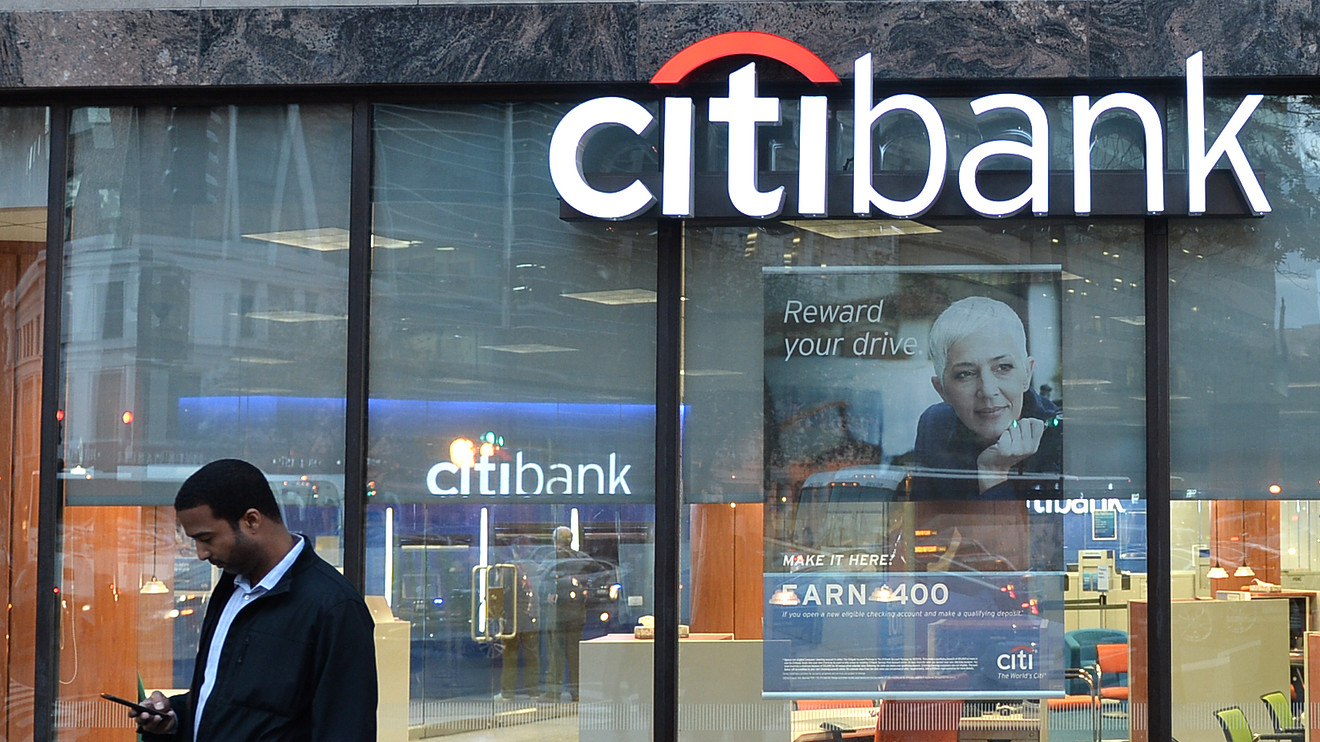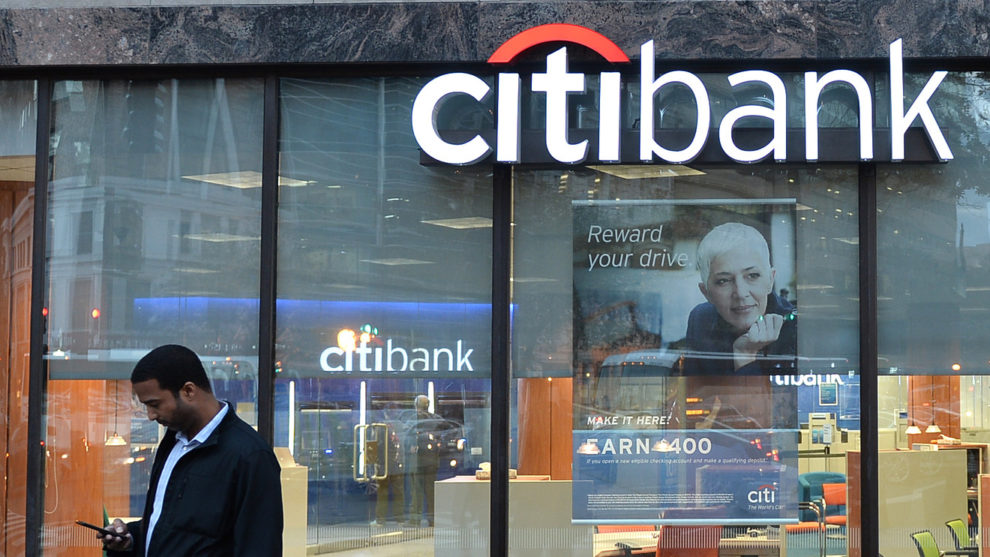
Banks with more than $47 trillion collectively in assets signed on to the United Nations-backed Principles for Responsible Banking (PRB) framework for climate action rolled out this week. Yet only three of the world’s 10 largest banks joined the coalition of 130 signatories.
Citigroup Inc. C, -2.37%, Mitsubishi UFJ Financial Group MUFG, -0.76% and Industrial and Commercial Bank of China joined the pledge, which includes six principles, the first one asking firms to self-grade sustainability practices. Some of the signatories to an earlier pact, and those abstaining this time, said that the principles are too vague, a Financial Times opinion piece said.
Activist groups 350.org and the Rainforest Action Network expressed concern a squishy PRB could end up as a “greenwashing” exercise, allowing the banks publicity without real accountability.
“We will rely on you to scale up financing to businesses that stimulate green growth,” UN Secretary-General António Guterres said of the financial firms’ commitments. “Place your bets on the green economy, not the grey economy, because the grey economy will have no future.”
Guterres urged banks to increase financing to businesses that invest in climate action and divest from fossil fuels and pollution.
Moving toward low-carbon and climate-resilient economies that are aligned with the Paris Agreement on climate change of 2016 will require an additional investment of at least $60 trillion from now until 2050, Christiana Figueres, executive secretary of the UN’s Framework Convention on Climate Change, has said.
Top European banks BNP Paribas SA BNP, -1.77% , Barclays Plc BCS, -2.03% and UBS Group AG UBS, -1.06% also agreed to the climate pact this week.
Goldman Sachs Group Inc. GS, -2.67%, which did not sign, said in a statement that it is pursuing efforts similar to the PRB. Wells Fargo & Co. WFC, -0.63% said it was successfully working toward goals it had set in 2016 to address social, economic and environmental challenges over a five-year period, Bloomberg News reported.
U.S. banking giants JPMorgan Chase & Co. JPM, -1.30% , Bank of America Corp. BAC, -1.96% and Morgan Stanley MS, -2.34% did not sign and have not commented publicly on their stance on the UN’s PRB.
In addition to the PRB, more than 30 banks have joined on to an additional, and some would say tougher, “Collective Commitment to Climate Action” pledge to “align portfolios to reflect and finance the low-carbon, climate-resilient economy required to limit global warming to well below 2 [degrees Celsius], striving for 1.5 degrees Celsius.”
These agreements follow another set of voluntary standards for the $30 trillion asset-management industry, known as the Principles for Responsible Investment, that was adopted by money managers 13 years ago.
Investor demands for environmental, social and governance consideration in their portfolios and routine business dealings are rising. The latest proxy season saw shareholder support for climate-related resolutions at the companies they invest in hit an all-time high.
Companies must be prepared to answer investor and analyst questions on these themes. FactSet searched for the term ESG in the June 15-Sept. 14 earnings conference call transcripts of S&P 500 SPX, -0.84% companies. Of these companies, 24 cited the term ESG on calls, marking about 5% of all companies in the index. That’s double the number of companies from the previous quarter and the highest overall number of companies going back two years, FactSet said. Financial firms had the highest number of ESG mentions, at seven, across all 11 S&P sectors.












